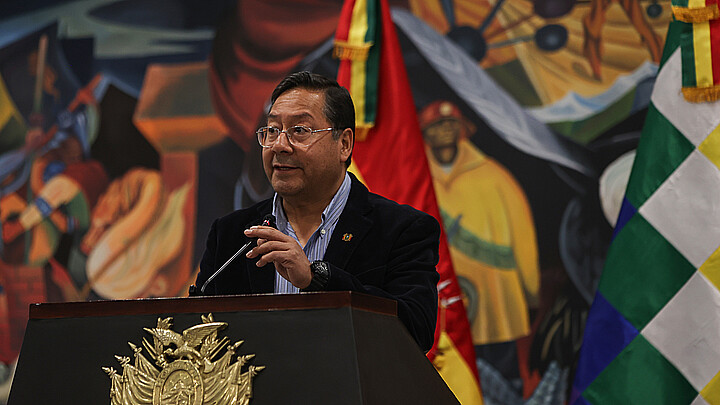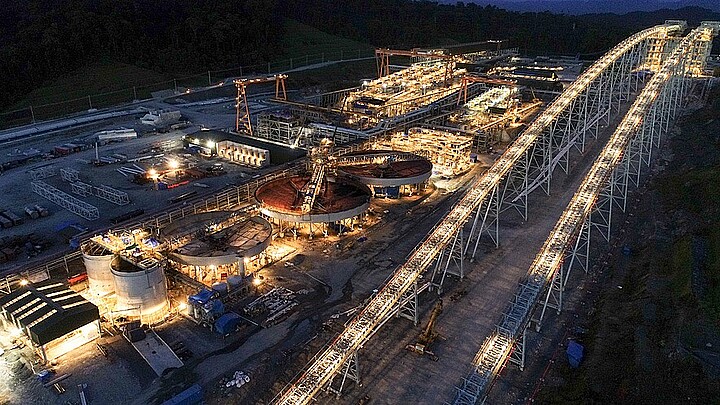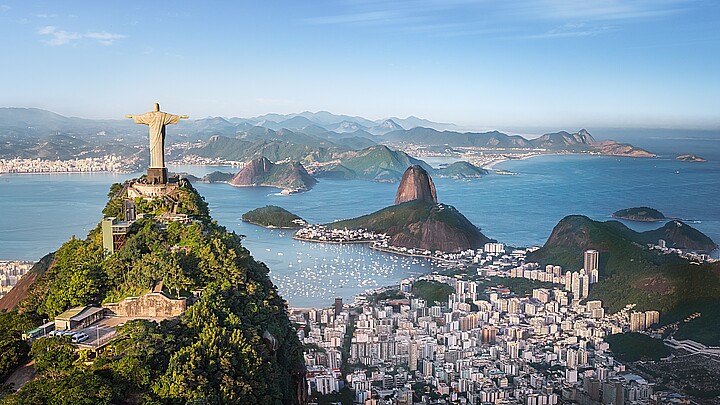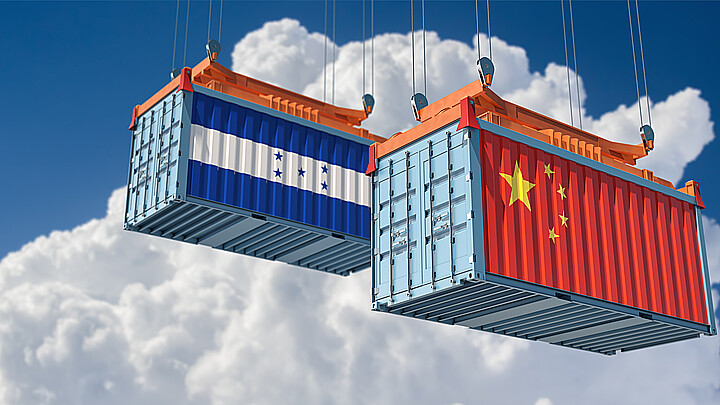Business
27 people charged in Panama Papers money laundering case face prosecutors in Panamanian criminal trial
The trial, which is taking place in Panama centers around a 2016 leak involving secret documents that detailed how and where some of the world’s most powerful millionaires and billionaires were hiding their assets in offshore entitles

April 9, 2024 9:17am
Updated: April 9, 2024 9:17am
Twenty seven people are now facing prosecutors who have alleged their involvement in a money laundering scheme linked to the Panama Papers.
The criminal trial, which is taking place in Panama centers around a 2016 leak involving secret documents that detailed how and where some of the world’s most powerful millionaires and billionaires were hiding their assets in offshore entitles.
Two of the key defendants include attorneys Ramon Fonseca Mora and Jurgen Mossack, principals in the former law firm, Mossack Fonseca.
The two Central American lawyers have denied that they or others in their firm participated in any kind of illegal scheme. Instead, they have mounted a defense that asserts the leak was due to an outside computer hack and that the firm had no control of how their clients may have used the offshore entities they created.
Both Fonseca and Mossack were acquitted in a separate criminal trial in 2022. That trial involved accusations centered around an offshore criminal bribery scheme involving illicit funds from Brazil.
The massive leak of financial information included 11.5 million finance related documents, ultimately illuminating more than 100 political and government officials as well as heads of state and even celebrities.
The leaks have led to the resignations of Iceland’s prime minister, sparked controversy about leaders in Argentina and China and revealed financial operations related to Russian leader Vladimir Putin.
The leak also shined a light on how offshore locations such as Panama were used by the wealthy in foreign countries to conceal their assets and avoid paying taxes in their home country.
The first 2016 leak was to Suddeutsche Zeitung, a German newspaper and documents were then subsequently revealed to the International Consortium of Investigative Journalists.
The original ICIJ report said that the records revealed how the firm operated for 38 years from 1977 to 2015.
“The more than 11 million documents obtained by ICIJ — emails, bank accounts and client records — represent the inner workings of Mossack Fonseca for nearly forty years, from 1977 to December 2015. They reveal the offshore holdings of individuals and companies from more than 200 countries and territories.
“They recount example after example of ethical and legal wrongdoing by clients and provide evidence of a firm happy to act as a gatekeeper to the secrets of its clients, even those who turn out to be crooks, members of the Mafia, drug dealers, corrupt politicians and tax evaders.”
According to the ICIJ, Mossack Fonseca had more than 500 employees and collaborators in more than 40 offices throughout the world, including eight in China and three in Switzerland.
The journalistic consortium said the firm billed more than $42 million in 2013, and created entities in the United States as well.
“Legal papers filed in U.S. District Court in Las Vegas claimed that the Panama-based law firm had created 123 companies in Nevada that had been used by a crony of Argentina’s former president to steal millions of dollars from government contracts. A subpoena demanded that Mossack Fonseca turn over details about any money that had flowed through the Nevada companies,” a 2016 ICIJ report reads.
Assistant U.S. attorneys have also accused Mossack Fonseca of conspiring to circumvent federal laws to conceal and cheat the IRS of owed taxes as part of a complex scheme dating back two decades involving shell companies in the British Virgin Islands, Hong Kong and Panama.
Both Mossack and Fonseca are Panamanian citizens and Panama has a history of declining to extradite its citizens to foreign jurisdictions in foreign or extraterritorial cases.
Mossack was present in the courtroom for the beginning of the trial, but Fonseca was in a local hospital.
“I am not guilty of such acts,” Mossack told the court when the trial began.
Fonseca is a former Panamanian minister who served as part of President Juan Carlos Varela's administration. He resigned in 2016, and his law firm, Mossack Fonseca, closed its door in 2018.
If convicted, the two Panamanian attorneys could each face up to 12 years in prison.
At the time the story broke eight years ago, and Mossack Fonseca was accused of being one of the world’s five largest wholesalers of offshore secrecy, firm spokesman Carlos Sousa denied the charges.
“For 40 years Mossack Fonseca has operated beyond reproach … our firm has never been accused or charged in connection with criminal wrongdoing,” said Sousa, who added that the firm, “merely helps clients incorporate companies,” adding “that doesn’t amount to “establishing a business link with or directing in any way the companies so formed.”











